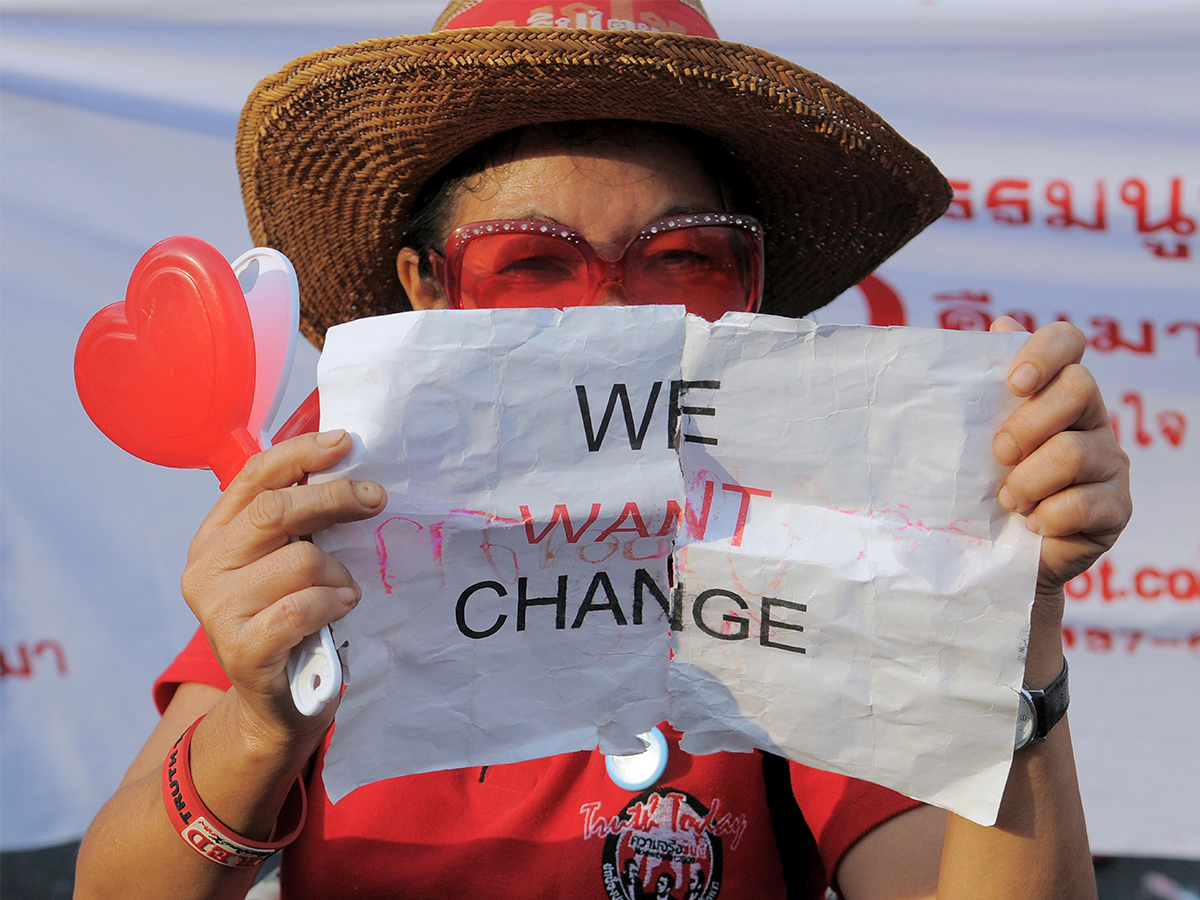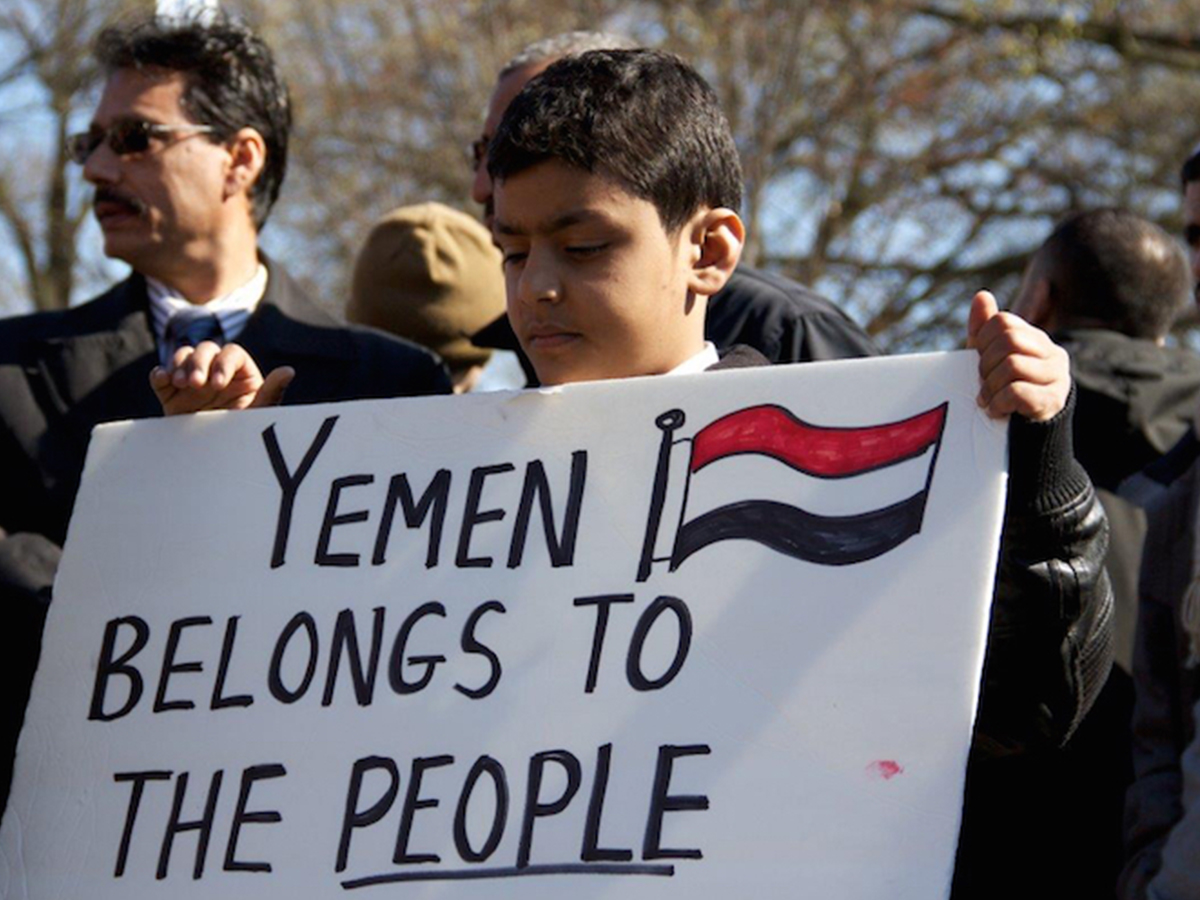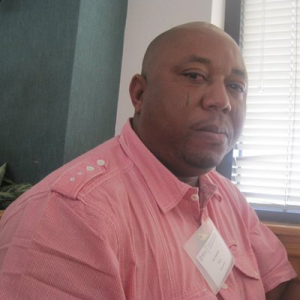
Telling Stories that Matter
07/18/2018
Over the Percussion of Munition, Yemeni Youth Continue to Support Communities
07/19/2018Its human nature to recall and recite our exact whereabouts during unprecedented news. Whether they were tragic events, natural disasters, or valiant deeds; these moments were memorialized by the bonds of humanity. They were still frames in time, captured by journalists a part of the tragedies and triumphs of history. Their purpose, to open our minds and challenge our perspectives.
Building Glass Houses with Civil Society
Although storytelling can is primarily used for entertainment purposes, storytelling can also compel attitude and behavior change within crucial social issues. From soap operas and documentaries, to participatory theatre and heartrending editorials, stories with the right messaging have the potential to influence, empower and enrich societies to answer the call to action. However, when using storytelling as the primary stimulus to influence behavior change, one must incorporate strategic design and evaluations early and often. Broadly, storytelling for social change can take many forms, but there are underlying similarities that spark the greatest catalyst of storytelling for social impact: empathy and compassion.
Civil Society and Journalists Partner to Create Transparent Governments.
Historically, objective journalism has demonstrated itself to be an invaluable element for social progress and transparency, and with journalists at the intersection of progressive social change, their role is ever the more vital for advocacy and civic engagement. Although some media outlets have received a reputation for sensationalizing news, many of society’s injustices would have been forgotten to time if it wasn’t for principled journalists. Because journalism such an important instrument for advocacy in local governance, journalists and civil society organizations (CSOs) should strengthen their relationship with the media to provide more transparency and inclusive dialogue about community affairs and public policies.
To truly engage and educate others about injustices, the media must be viewed as important actors and tools for advocacy campaigns.
As with any democracy, decisions on policies and laws for any society begins with access to unbiased and reliable information. Besides using the media as a validator to promote events or workshops, civil society should focus their energy on crafting stories that speak to the realities in their communities. By providing narratives of a particular social conflict or controversy, civil society can generate a broader appeal for their social cause. To truly engage and educate others about injustices, the media must be viewed as important actors and tools for advocacy campaigns. As allies in helping to raise the profile of civil society’s work, both journalists and civil society have a lot to offer one another; the media helps attract attention to the real issues at hand and the potential solutions, and journalists gain valuable access to accurate information through partnerships with CSOs.
In many countries, information is often hard to find or access. As Partners Global has experienced, this can inhibit the transparency and accountability of government institutions and the decision-making process. However, if civil society utilizes the media as a tool to amplify and gather support for their causes, in turn, government entities are notified of the public interests and demands for more transparency and resolutions.
Building and strengthening media institutions
With NGO partners, Partners Global has actively engaged media outlets to extensively report on issues that affect citizens. In Sierra Leone after Campaign for Good Governance (CGG) conducted an audit of the Right to Access Information law, our colleagues took to the airwaves to educate citizens on how this law can improve lives. In fact, during the radio programs, several citizens called to discuss what requests they can suggest on behalf of the organization to their local government—moving the law from esoteric to practical.
Also in Sierra Leone and Nigeria, Partners Global has worked closely with national CSOs to track corruption within the justice and security sector. Organizational partners in both countries are at the forefront of increasing transparency and the mutual goal is to build and strengthen media institutions and journalists’ investigative techniques. Through the Accountable Governance for Justice and Security (AGJS) initiative, data sharing between integral actors within civil society and governments were integral pieces in building sustainable relationships and promoting accountability. In partnership with the Institute for War and Peace Reporting (IWPR) local journalists were also trained in the fundamentals of investigative journalism to improve local corruption reporting. Collectively, the organizations are building linkages between CSOs and journalists on issues of transparency and anti-corruption.
One notable journalist from the AGJS program, Alex Abutu, focuses his reporting on environmental issues and injustices within local communities and national governments. With stories addressing concerns in missing ecological funds, initiatives to track bushmeat, and depleting wildlife, Abutu has helped his fellow citizens stay informed on the issues that affect their livelihoods and the environment.
“Engaging Democratic Activists for MENA Advancement,” (EDAMA) is another regional example of strengthening civil societies media engagement with basic journalism training for activists from 12 countries in the Middle East and North Africa. By promoting activists’ engagement in the ongoing and rising regional democratic transitions and reforms, EDAMA has not only strengthened activist’s networks, advocacy and organizational skill sets, but they have also promoted collaboration between civil society members. Specifically these trainings have incorporated storytelling through audio-visual mediums; addressing the use of humor and new media in nonviolent struggles; and implementing strategic communication messaging and branding in social movement media campaigns.
Local leaders in the EDAMA program have included youth leaders, bloggers, and representatives from non-governmental organizations, the private sector, the media, and new political parties. Through a consortium of diverse expert organizations, EDAMA partners include Partners Jordan, Canvas – Centre for Applied Non-Violent Action and Strategies, and IWPR. Together, these entities have provided their colleagues with the tools to build more democratic and inclusive processes in their countries. As with Partners Global work in West Africa, members of civil society in the MENA region are building coalitions, broadening their communication skills, and amplifying their voices by strategically working with journalists.
Building and strengthening media institutions Strengthening Civil Society Engagement with Media
“I believe that clear thinking, clear statement, accuracy and fairness are fundamental to good journalism.” — The Journalist’s Creed
Given that the resolution of conflicts frequently requires in-depth understanding of various viewpoints and actors, it is important to place emphasis on improved channels of communication and increased access to information. Political sensitivities inherent in local community issues, along with the potential for contradictory information – and even misinformation – can exacerbate conflicts among different parties. For this reason, organizational partners, journalists, or blogger-activists, should always consciously recognize the critical importance that media narratives play in building constructive dialogue. To support public awareness reporting that emphasizes mutual understanding and reconciliation, without fanning the flames of a conflictive issue, is a not an easy feat. And no one can deny the media’s undeniable power to shape and influence public opinions and new policies, which is why having access to unbiased information will always be crucial to a functioning democratic society. In helping to train media professionals, activists, and civil society, we’re helping to engage communities in inclusive, peaceful, and democratic civic participation.


